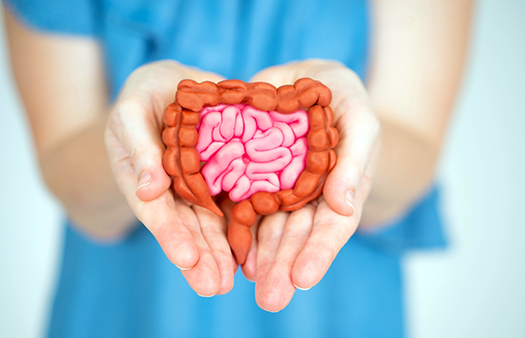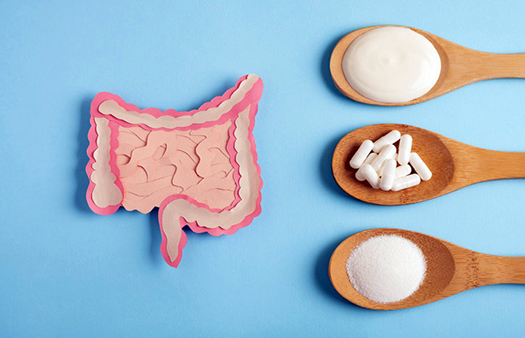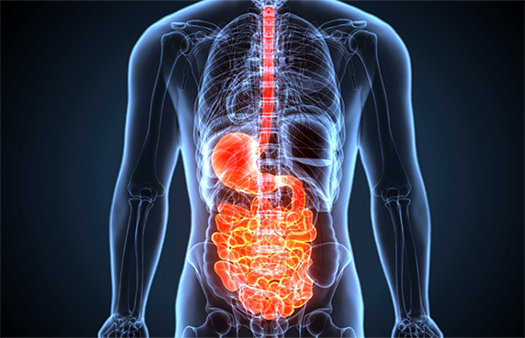NUSTART InSights

Understanding the Digestion Process
When you consume food, you chew it, swallow it, and it goes into your stomach.
Here we see mostly protein digestion, with fats and carbs mainly digested in the small intestine.
When protein makes its way into your stomach, it releases two main things: hydrochloric acid, or stomach acid, and an enzyme called pepsin.
This stomach acid does a few things: it helps break down proteins and minerals necessary for later protein synthesis in the body; and it kills bacteria, fungi, parasites, and viruses coming in with your food and water.

Probiotics and prebiotics are a hot topic these days. You’ve likely seen many ads on television and online for supplements and foods that promise to deliver helpful bacteria and their benefits. Here’s what you need to know before purchasing these products.
Your large intestine contains 100 trillion "good" bacteria that are essential to health. Called the microbiome, these beneficial microbes help maintain healthy bowel function, and may even help with like inflammatory bowel disease. Research suggests they may even play a role in regulating weight and mood.
Everyone starts with their unique microbiome at birth. We add to these through the foods we eat.

Although there are eight different B vitamins, some get more attention than others. And while vitamin B12 is often spotlighted for its role in keeping blood and nerve cells healthy, vitamin B6, also known as pyridoxine, tends to fly under the radar.
Like most of the B vitamins, B6 is essential, which means your body can't synthesize it — you have to get this vital micronutrient from your diet. Are you getting all that your body needs? That's worth asking, particularly if you're eating less of certain foods for health or environmental reasons.


Let’s talk about tracking body weight, which is more fiddly than many people realize.
See, one of the easiest ways to drive yourself to distraction in your fitness journey is to obsess over daily shifts in your weight, which often have nothing to do with gaining or losing fat or muscle.
For instance, even slight swings in fluid retention, glycogen levels, and bowel movements can produce noticeable ups and downs.




